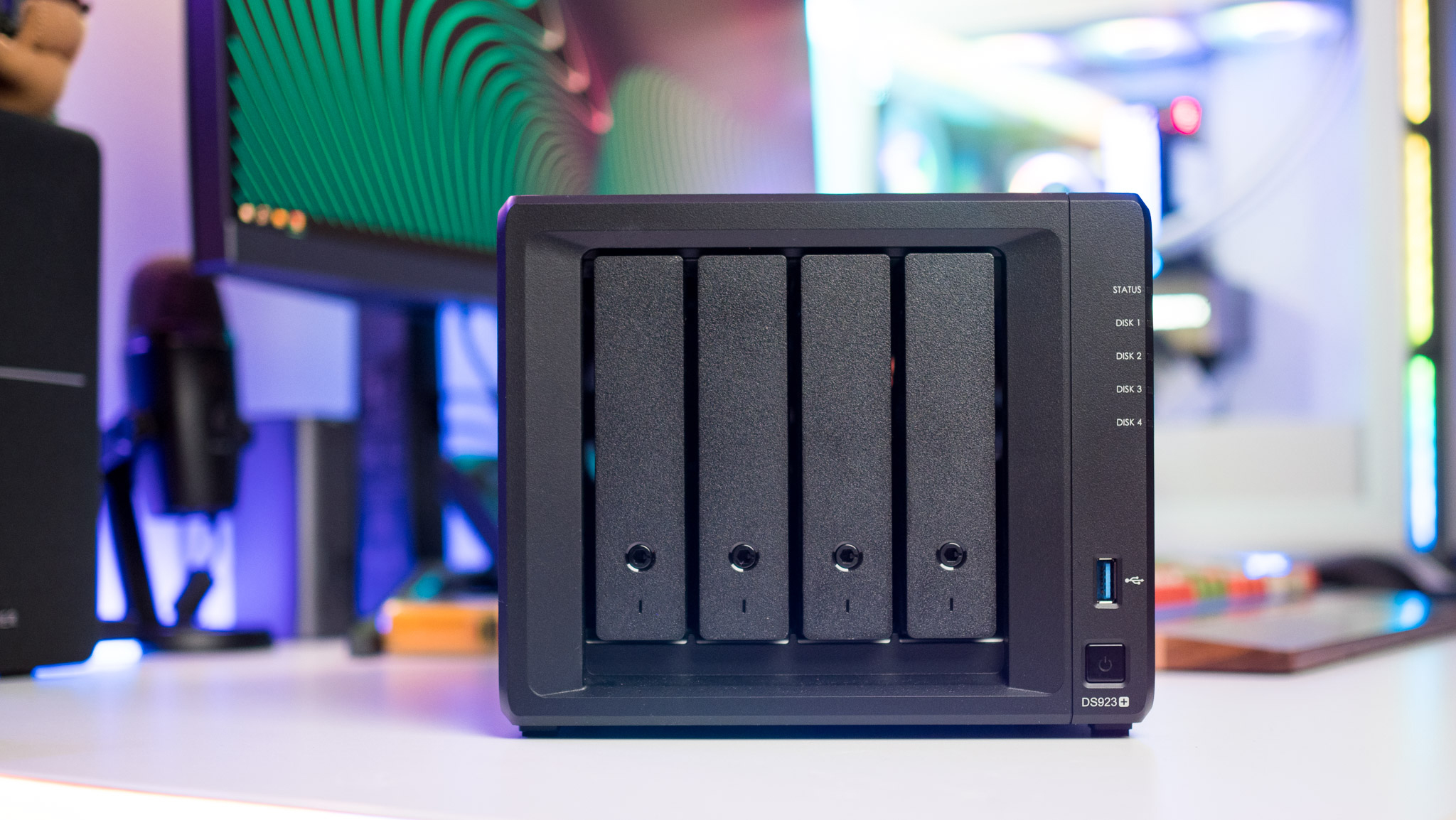Google just threw away my hope of a 'Pixel Perfect' ecosystem
I'm not giving up hope on a new Pixelbook.
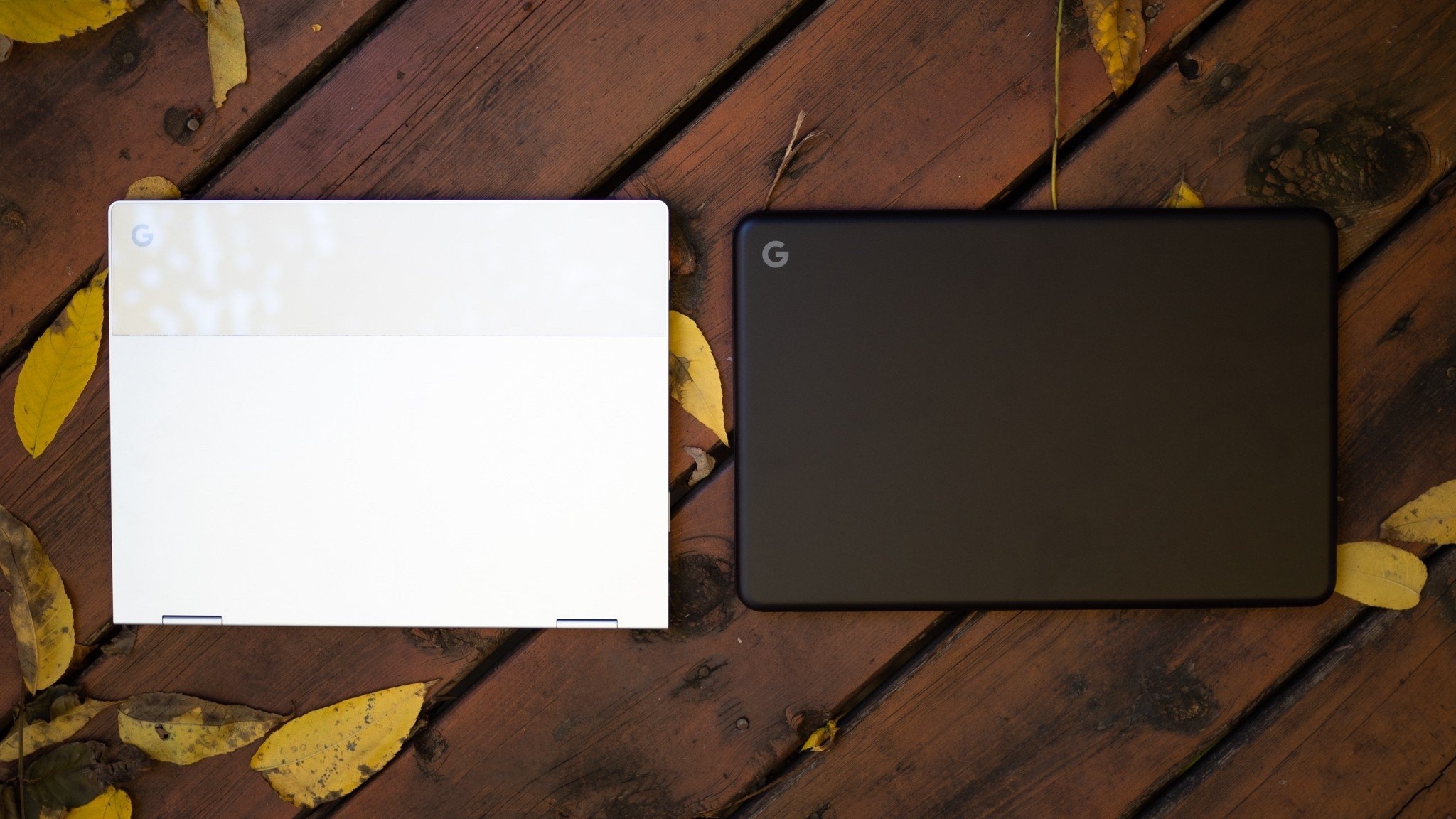
Ever since Google I/O 2022 concluded, I have been publicly (and privately) beating the drum for Google to create an all-new ecosystem of products. The wheels have been turning ever since the introduction of Google's Tensor chip with the Pixel 6 and 6 Pro. But at I/O, things ramped up even more as Google showed off its upcoming flagship phones, the first in-house smartwatch, and even a tablet.
At the time, I bluntly stated that it was time for Google to announce a Tensor-powered Pixelbook 2. That was back in May, and much to my disappointment, it seems that those plans won't be coming to fruition, at least anytime in the near future. It was just last week that a rumor seems to have confirmed that the Pixelbook 2 is indeed, no more. Those working on the project have been moved to other teams within Google, while the device itself has been added to the "Killed by Google" necropolis.
Why is the Pixelbook 2 canceled?
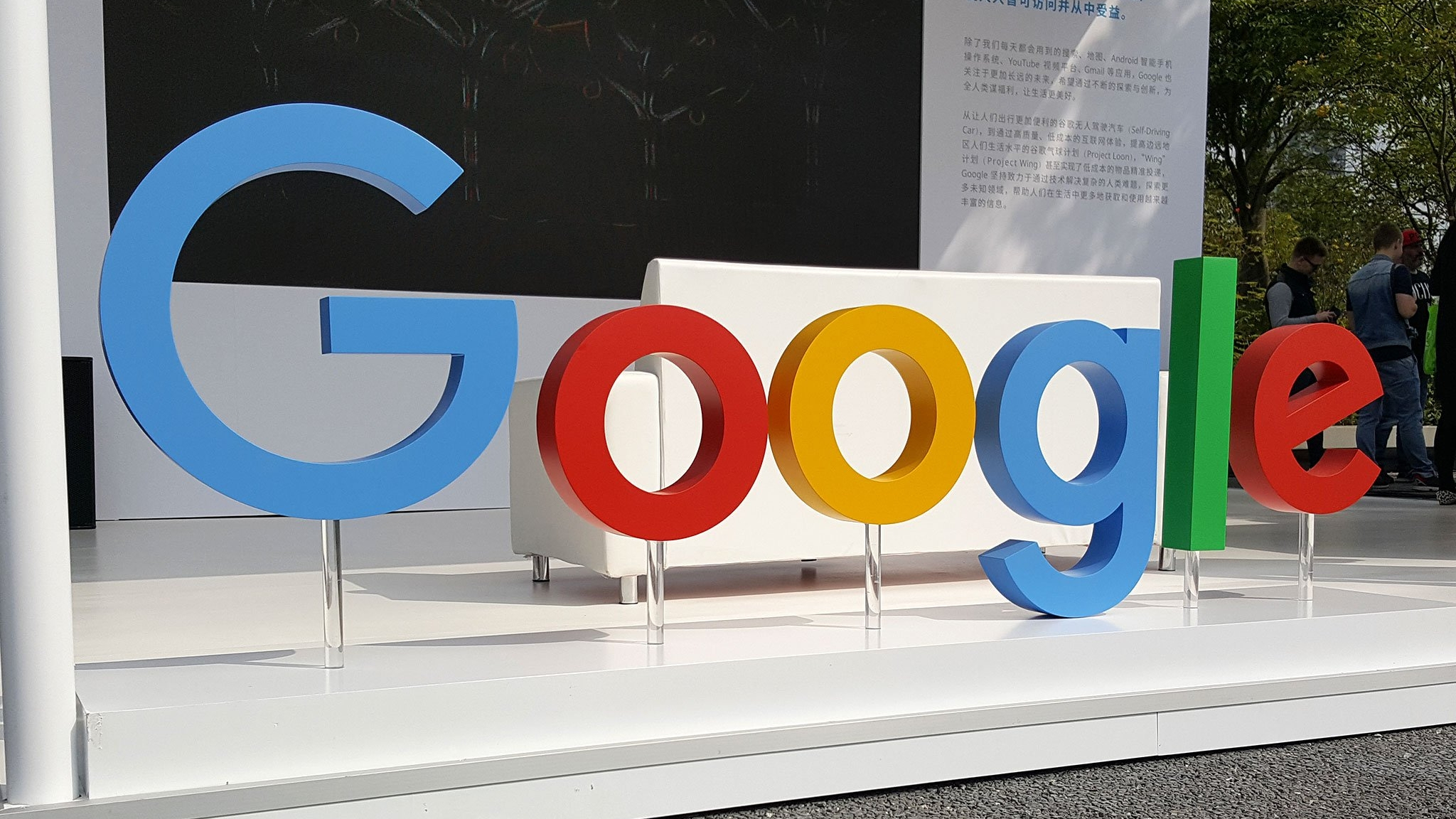
According to an internal memo acquired by The Verge, the Pixelbook 2 project was simply shut down "as part of recent cost-cutting measures." Whether you believe it or not, the writing is on the wall for a recession of sorts, and we're already seeing many companies, including Google, brace for impact. This was further evidenced by another report, that was subsequently confirmed by Google through TechCrunch, stating that half of the projects within Area 120 had been outright canceled.
Area 120 was already an outlier within the Google-sphere, as it has created various projects such as GameSnacks, Google Cloud Tables, and other apps or services. Instead, the Area 120 team is said to be solely focused on "only AI-first projects," with team members of the canceled projects being given until January 2023 to "find a new job within Google." Needless to say, things aren't looking all that great for those hoping for new, ground-breaking apps or services, let alone something as menial as a new Chromebook.
I'm not mad, just disappointed
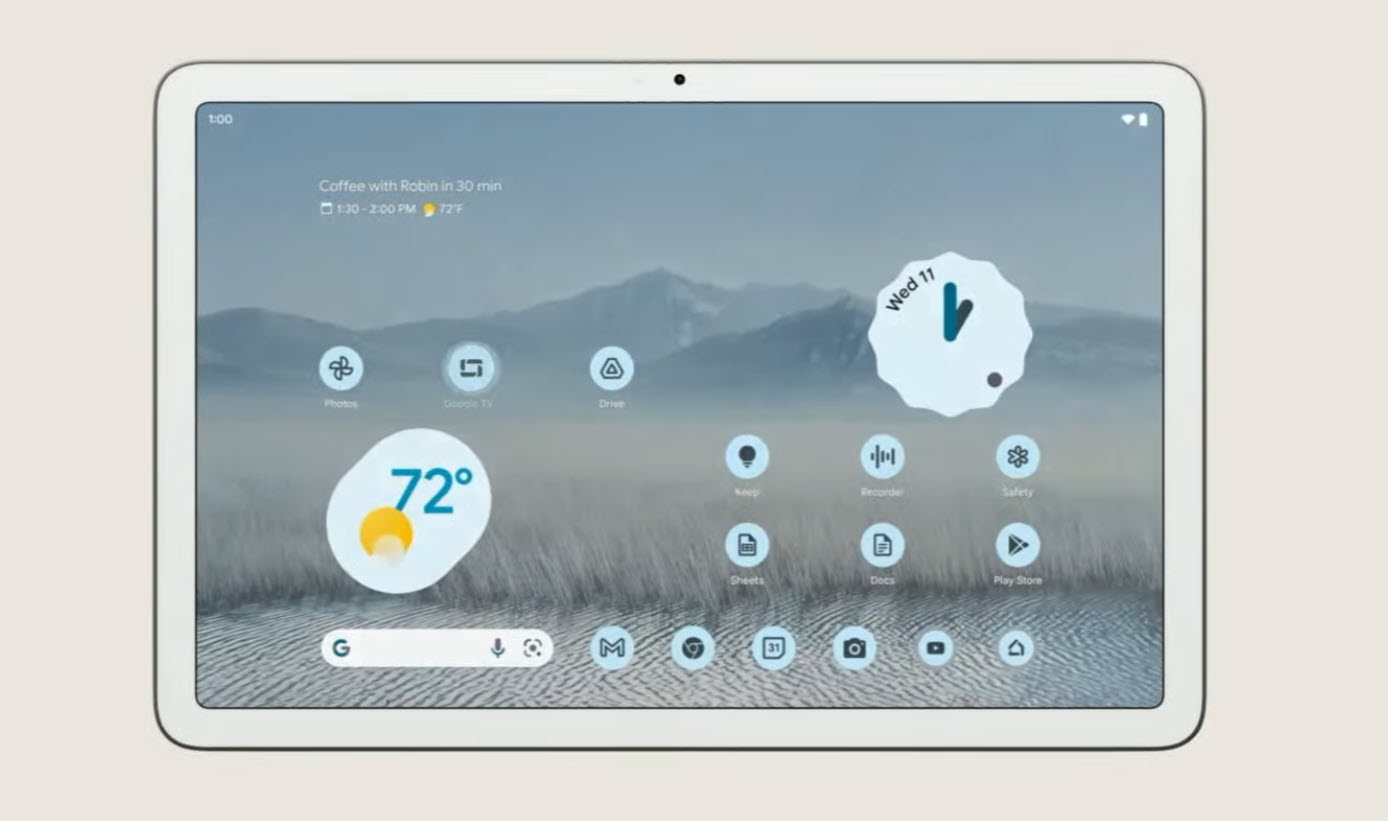
Sometimes when I write, you might be able to tell when the passion jumps out of the words that are on the screen. That's how I felt when writing about the Tensor-powered Pixelbook, along with my thoughts on why I was more excited about the upcoming Pixel Tablet than anything else announced at I/O. Maybe it's the Apple fanboy within me, but there's something to be said about an ecosystem of devices.
And thanks to the dreaded "walled garden" of Cupertino, this can only be manifested by owning multiple Apple devices. It's the only way you can get iMessage, AirDrop, and pretty much all of Apple's devices and services to work together in (mostly) perfect harmony. It's the same route that Samsung has gone, with a little bit of help from Microsoft and Windows in the laptop segment. It's also the same route that I had envisioned for Google's lineup of devices heading into 2023.
The tablet's coming. The phones and smartwatch will be here within the next month or two. Android 13 is already available. Google's trying to make strides to improve the tablet experience overall, in no small part thanks to the surprising and continued popularity of Samsung's foldable phones. Hell, even ChromeOS is improving at a rate faster than I can believe, even if it's "just" bringing along features that really should have been there from the beginning.
Be an expert in 5 minutes
Get the latest news from Android Central, your trusted companion in the world of Android
But I would be lying if I sat here and told you that "everything's fine." Truthfully, and honestly, it sucks. I've never owned a Google-created Chromebook outside of the Pixel Slate, which kind of counts, but not really. I've also held off on purchasing the Pixelbook Go as I was just going to pre-order a Pixelbook 2 as fast as Google's online storefront would let me. A lot of it has to do with the ecosystem, but the maturation of ChromeOS plays an even more significant role. And what better way to enjoy Google's desktop-like operating system than with some brand new Google hardware?
Alas, it's just not meant to be.
The market is fine without a Pixelbook 2
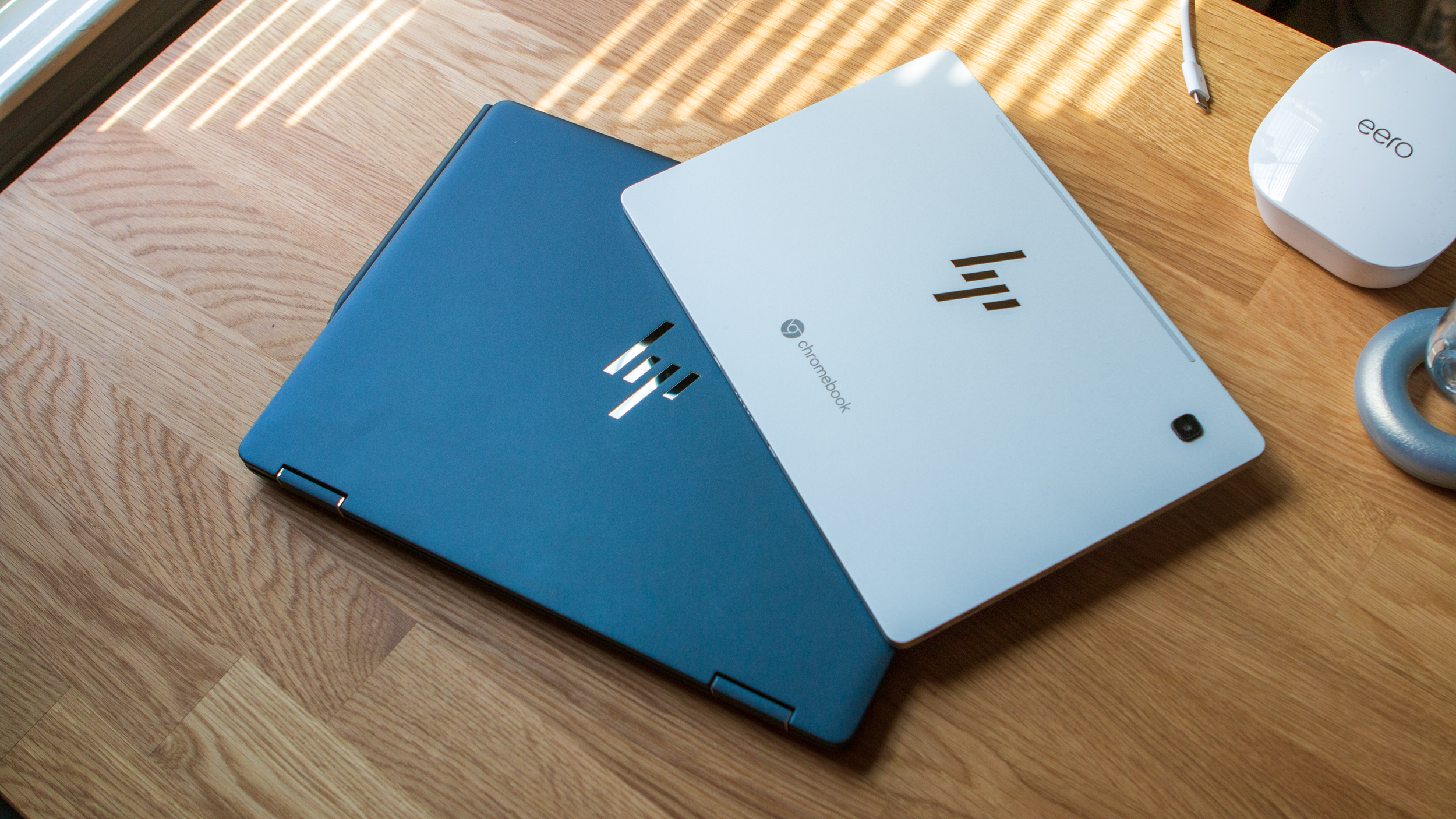
I had the esteemed pleasure of reviewing the HP Elite Dragonfly Chromebook, one of the most incredible pieces of hardware that I've used over the past few years. HP took everything that is great about its existing offering of premium laptops and threw ChromeOS on it. Reversible hinge, check. Gorgeous display, check. Sublime keyboard, check. The latest and greatest power, check. Exorbitant price tag? Check, check, and triple-check.
Some of that can likely be attributed to the haptic trackpad which feels almost as good as Apple's Magic Trackpad. And depending on my mood that day, I might even give HP the nod, if only because of the feedback that you get when snapping windows and interacting with other areas of ChromeOS. And this is where we learn that the Chromebook market doesn't need another Pixelbook.
HP's Elite Dragonfly Chromebook proved why the market doesn't need Google to release a high-end Pixelbook.
HP isn't the only company developing and actually releasing high-end laptops powered by ChromeOS. And I would venture to guess that the Dragonfly was just the beginning. High-end hardware was a major part of the puzzle when looking at the Pixelbooks and Chromebook Pixels of yesteryear. There are some that still believe the original Pixelbook offers the best typing experience, while the Pixelbook Go has the best speakers on a Chromebook. And that's what I wanted to experience, as someone a bit late to the game.
But instead of Google spending its time and resources on a product that doesn't affect the bottom line in one way or another, the company just said "we'll let everyone else handle it." So Google essentially just passed its hardware torch to HP, Acer, ASUS, Lenovo, and any other OEM that wants to develop and release the best Chromebooks.
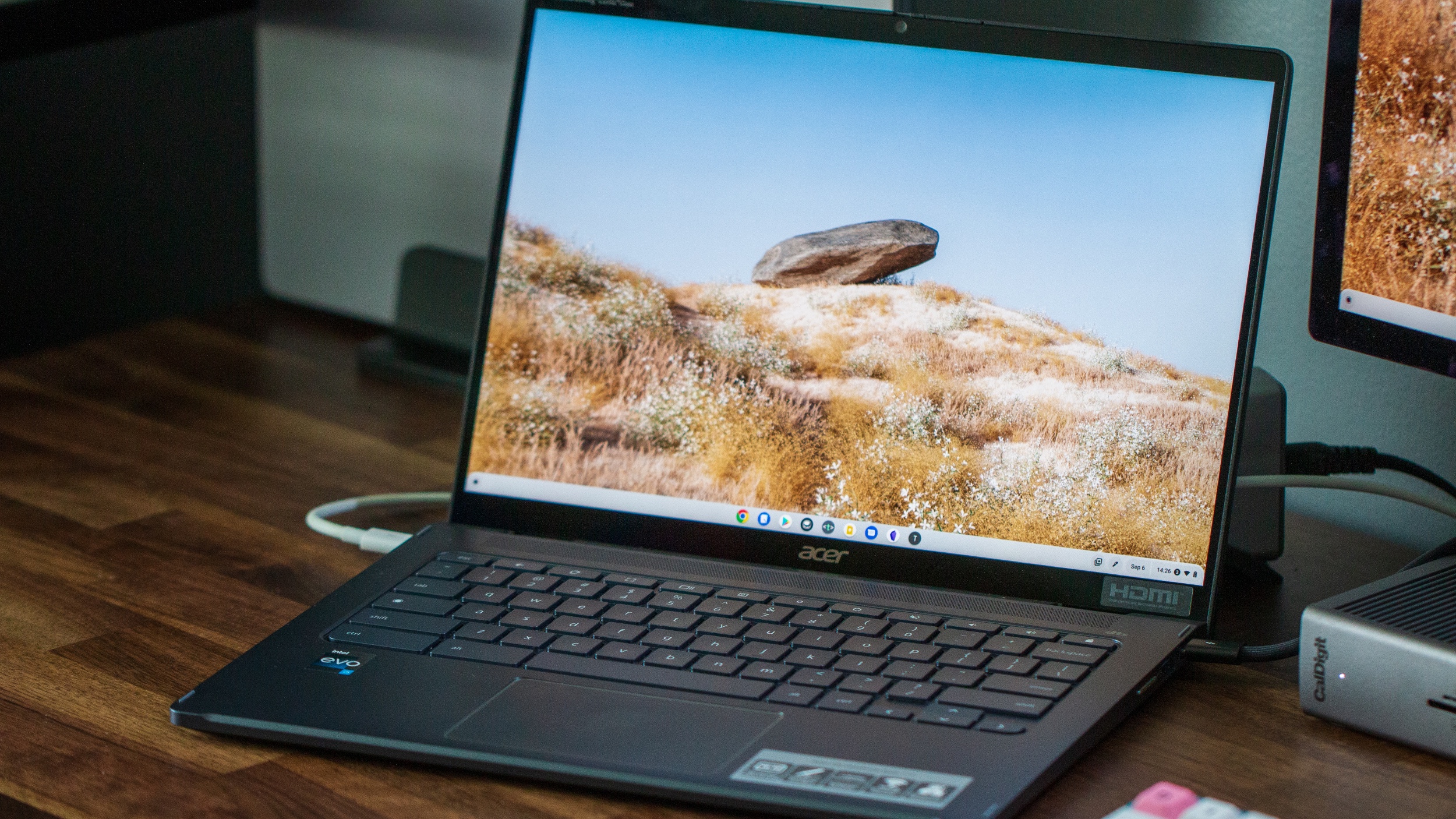
As pointed out by the legend himself, Jerry Hildenbrand: "Google's laptop division is a perfect example of this. Back when Google first released the original Chromebook Pixel, no company was building a premium professional-level Chromebook. In fact, Chromebooks were marketed as low-cost machines that were 'good enough.'"
Because of the current state of the Chromebook market, Google didn't need to come out and show everyone else how it's done. Google didn't need to provide a "reference design" for devices that are already proven, even if they are a bit boring.
"Never tell me the odds"
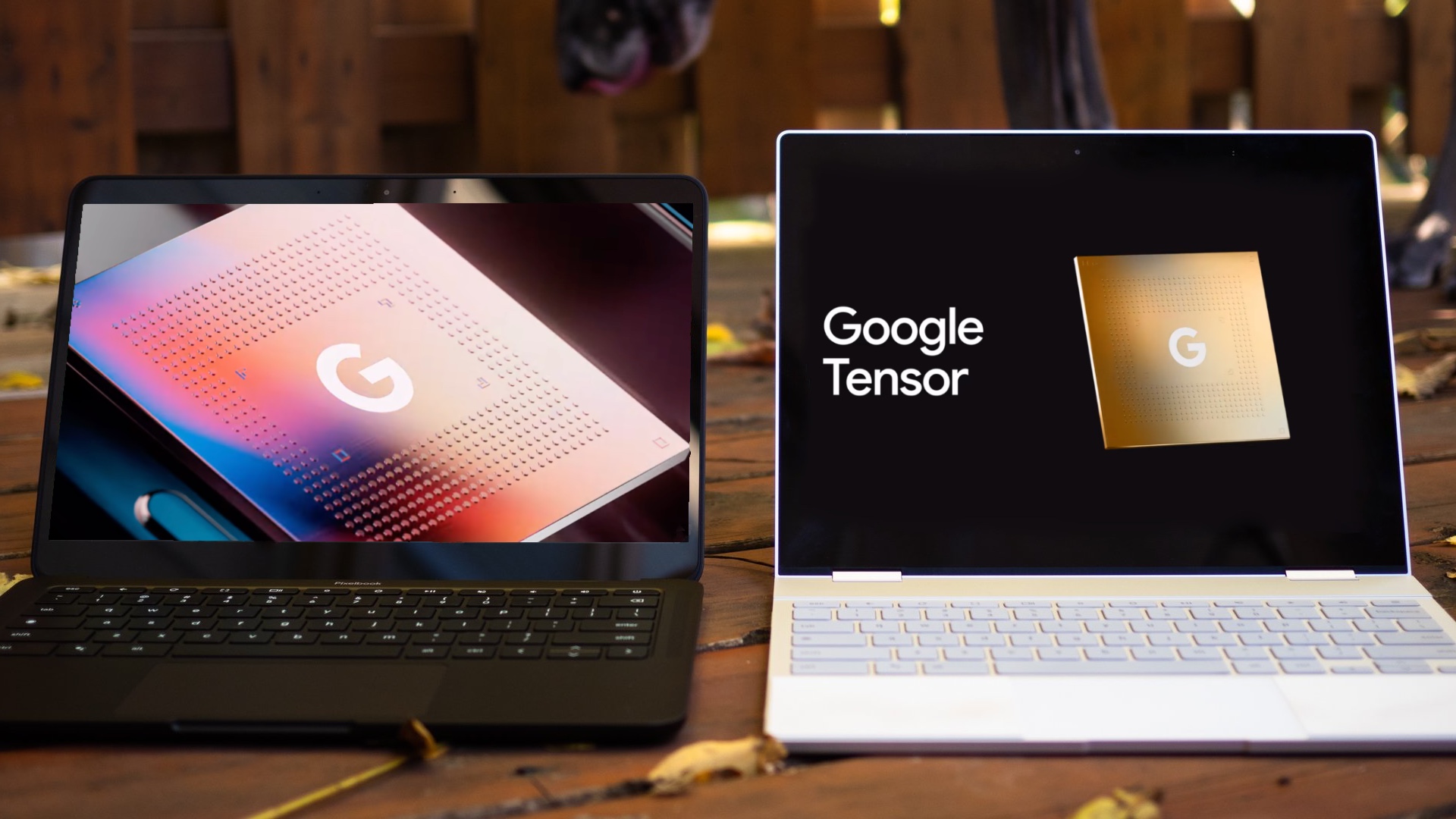
Google made the fiscal decision to kill off another project. And we might not ever know just how close the Pixelbook 2 was to being announced. I wouldn't be surprised if renders or real-world pictures get shown off in the next six months, it's just the way that the cookie crumbles.
But we've also been here before. I'm not ready to say goodbye to the idea of the "Pixel Perfect" ecosystem, powered by Google. Just a few years ago, the company said it wouldn't be re-entering the tablet market, yet there's at least one new tablet coming sometime next year.
I'll hedge my bets for now, but I wouldn't be surprised to see a Pixelbook 2 just show up on the Google Store one day in the next couple of years. Tensor is still an infant, so maybe the move is to let it mature a bit more. Yeah, that's definitely it. Right?

Andrew Myrick is a Senior Editor at Android Central. He enjoys everything to do with technology, including tablets, smartphones, and everything in between. Perhaps his favorite past-time is collecting different headphones, even if they all end up in the same drawer.
